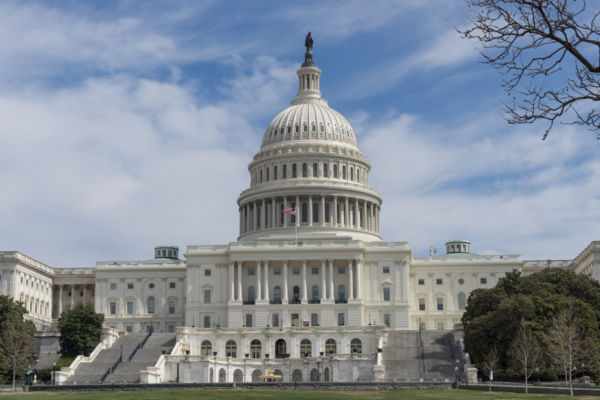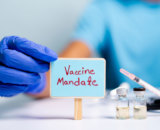Lawmakers had paused negotiations on a COVID relief / stimulus bill until after the election, and Senate Majority Leader McConnell (R-KY) is now set to take a more active role in the talks. There is general agreement that something could pass between now and March, though the disagreements that plagued previous efforts persist. If the virus continues spiraling, it increases the odds of a stimulus bill in the near-term.
Democrats continue to demand at least $2 trillion, while Republicans favor a $650 billion proposal. If it becomes clear that President Trump will not sign a bill that can make it through Congress, it's reasonable to expect that Congressional leadership will pivot and begin negotiating with President-elect Biden's team in anticipation of moving something through Congress shortly after he is inaugurated on Jan. 20.
Beyond the overall price tag, the parties have disagreed about how much aid to send to state and local governments, as well as the size of a potential federal supplement to jobless benefits. Funding for schools, vaccine distribution, and small businesses are also tied up with these negotiations.
COVID Liability protection for businesses is also a part of these discussions. NATSO remains actively engaged with a broad coalition of groups representing businesses with potential liability exposure that is advocating for reasonable liability protections. The expectation is that some form of liability protection will be included in a final stimulus bill, though how robust the protection is remains an open question.
Funding for government operations runs out after Dec. 11. A spending agreement could serve as a legislative vehicle for a COVID relief package. While both parties have said they want to reach an agreement on an "omnibus" yearlong spending bill, they are most likely to pass another stopgap measure until Q1 2021. That would make funding the government an early task of the Biden Administration, and also provide another vehicle for a stimulus bill if no agreement is reached in the lame duck.
Failure to reach an agreement would result in a government shutdown. President Trump has not signaled whether he would sign a new spending bill.
Subscribe to Updates
NATSO provides a breadth of information created to strengthen travel plazas’ ability to meet the needs of the travelling public in an age of disruption. This includes knowledge filled blog posts, articles and publications. If you would like to receive a digest of blog post and articles directly in your inbox, please provide your name, email and the frequency of the updates you want to receive the email digest.

